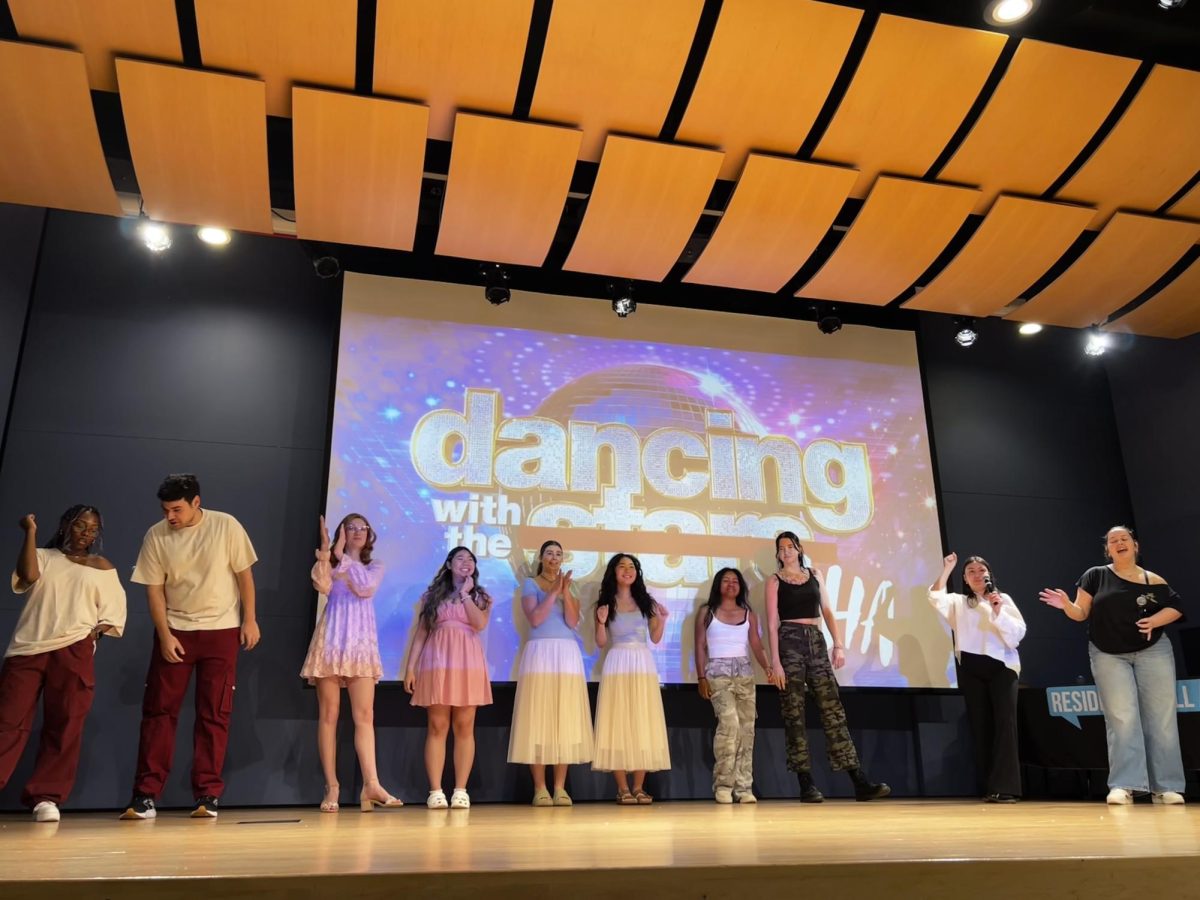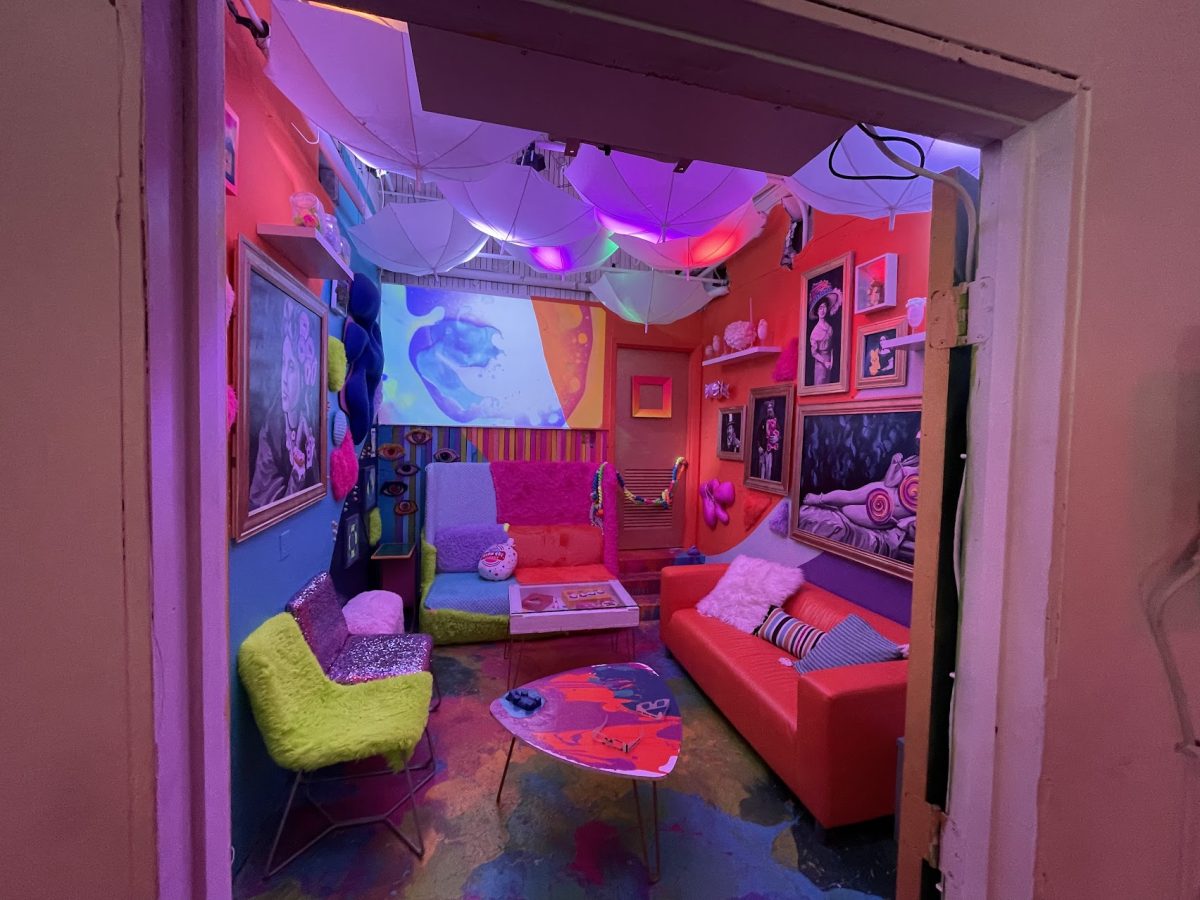This past Thursday, Jan. 11, Student Government of Seattle University (SGSU) and the Seattle University Film Society partnered to host a screening of “El Norte”, to discuss the struggles of immigrant families who come to the United States and to provide resources for those being affected by the new regulations of Deferred Action for Childhood Arrivals (DACA).
To open up a campus dialogue about DACA and to show an emotional and unique perspective of the state of immigration, Peter Hoang, the At-Large Representative of SGSU and Devin Allen, the President of Film Society teamed up to plan this screening.
In the film “El Norte”, 18-year–old Enrique and his younger sister Rosa leave everything they know in their home of Guatemala to find a new life in the United States. The award- winning film was directed by Gregory Nava, who later directed “Selena”. “El Norte” received an Oscar nomination for Best Original Screenplay in 1985 and features actors Zaide Silvia Gutiérrez and David Villalpando.
The Deferred Action for Childhood Arrivals (DACA) protected some in- dividuals who entered into the coun- try illegally as minors, making them eligible to receive a renewable two year–period of deferred action from deportation and able to apply for a work permit. DACA was passed by the Obama administration in 2012. Presi- dent Trump, shortly after he swore in to office, rescinded DACA. However, the act will not fully be dissolved until March 2018.
“When the repeal for DACA was first announced, I didn’t do what I should’ve done, or done anything and so I’m trying to get more information and saw the poster,” Aidan Mellon- Reyes said for his reasoning to attend this event.
“Peter [Hoang] (SGSU At-Large Representative) wanted to provide some resources and information for people, so that’s one part of it” said Devin Allen, the President of Film Society, about the event, “But we chose a dramatic, narrative film, because it shows the story of two young people having to leave and their experience traveling, eventually ending up in the United States.”
The film, which is in both the Native American Guatemalan-language and in Spanish, is split into three parts and has three different titles. “Arturo Xuncax”, the first part of the film, is Rosa and Enrique’s father’s name.
The first part of the film showcases the simple life of the Xuncax family, while demonstrating Arturo’s involve- ment in planning a rebellion against the government that is taking their native land and livelihood. Arturo is eventually caught and killed. The gov- ernment abducts his wife, and going on a hunt for his kids, Enrique and Rosa. The siblings, with the help of their godmother, decide to immigrate to the United States, which they have only seen in the “Good Housekeep- ing” magazine.
Enrique and Rosa leave for Coyote, a town in Mexico. “Coyote” is the ti- tle of the second part of the film. In Coyote, Enrique and Rosa pretend they are Mexicans and journey to find someone to smuggle them into the United States. The last part, is called “El Norte”, which translates to “The North” or the United States. This part highlights the struggles that they face once they are finally in the United States.
“El Norte” and its themes, are best represented in this English transla- tion of a conversation between Rosa and Enrique about finding a home, “In our own land, we have no home, they want to kill us,” Rosa says. “We have no home there. In Mexico, there is only poverty. We can’t make a home there either. And in the north, we’re not accepted. Where are we going to find a home Enrique? Maybe when we’ll die, we’ll finally go home.”
The Office of Diversity and Inclusion at Seattle University has a webpage on immigration which includes links to additional information and resources on the Seattle U website. Also, the City of Seattle and nonprofit organizations, including the Northwest Immigrant Rights Project (NWIRP), have set up resource pages specifically on DACA. SGSU plans to continue to host pro- grams regarding more information about DACA in the near future.
The editor may be reached at
arts@su-spectator.com







